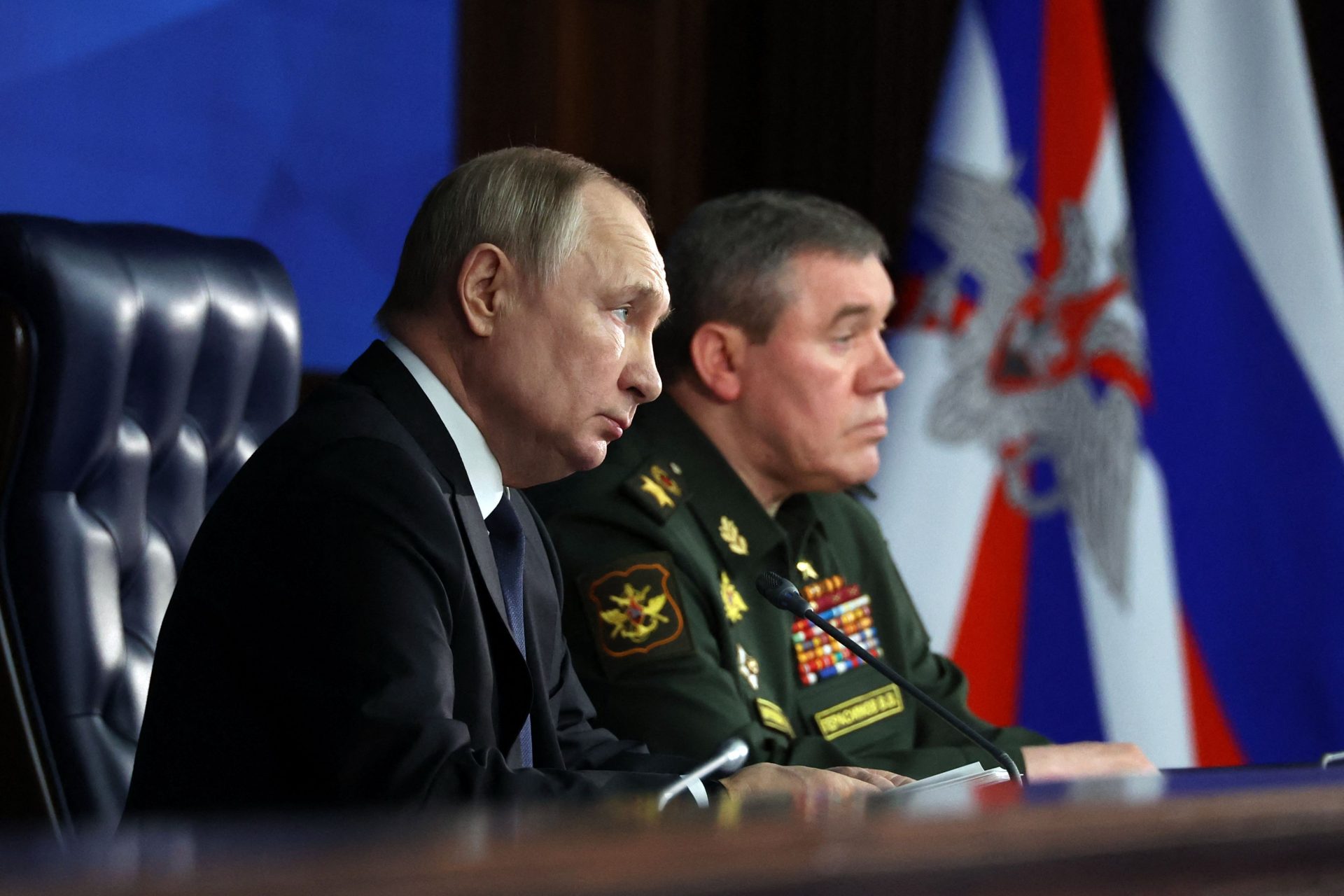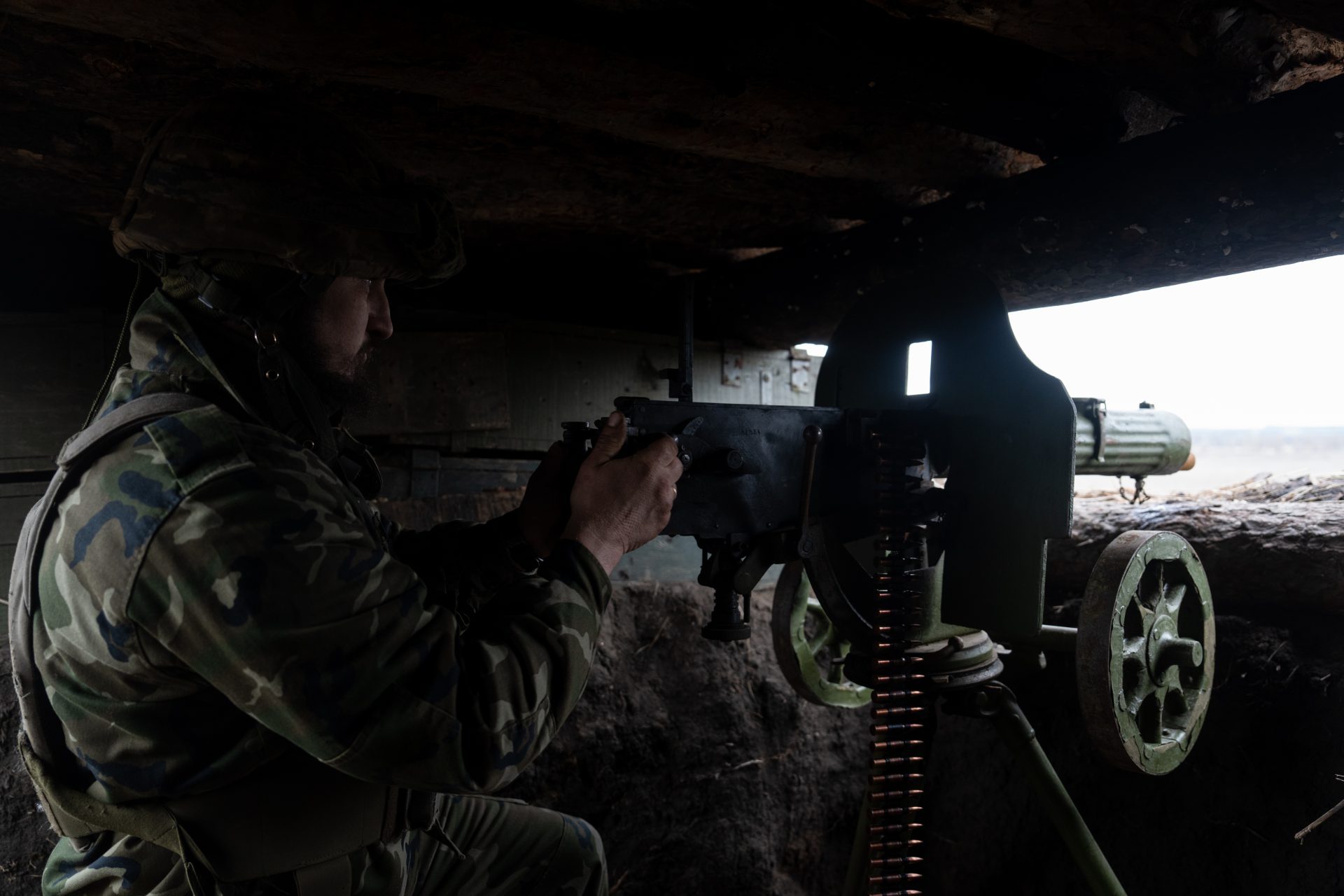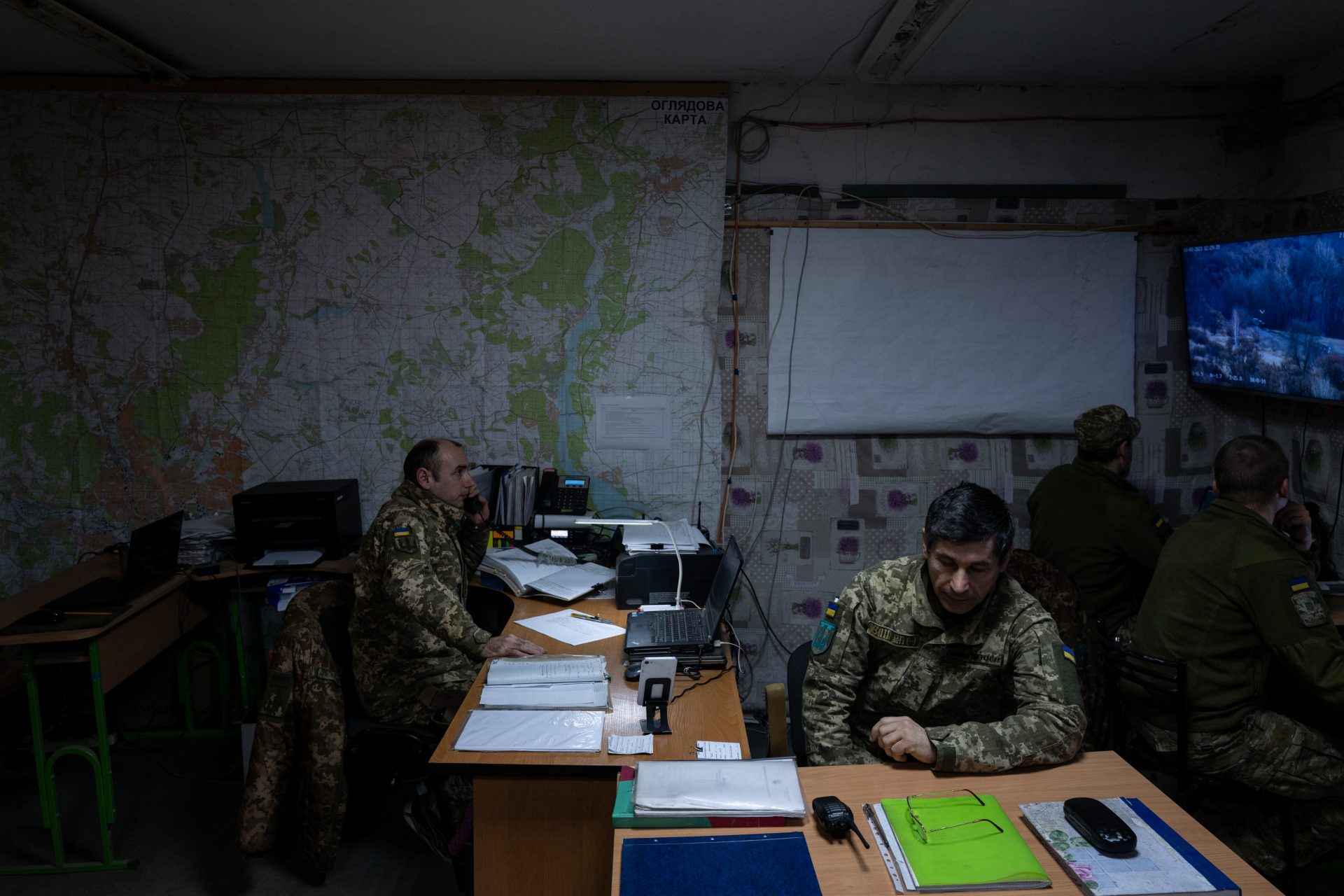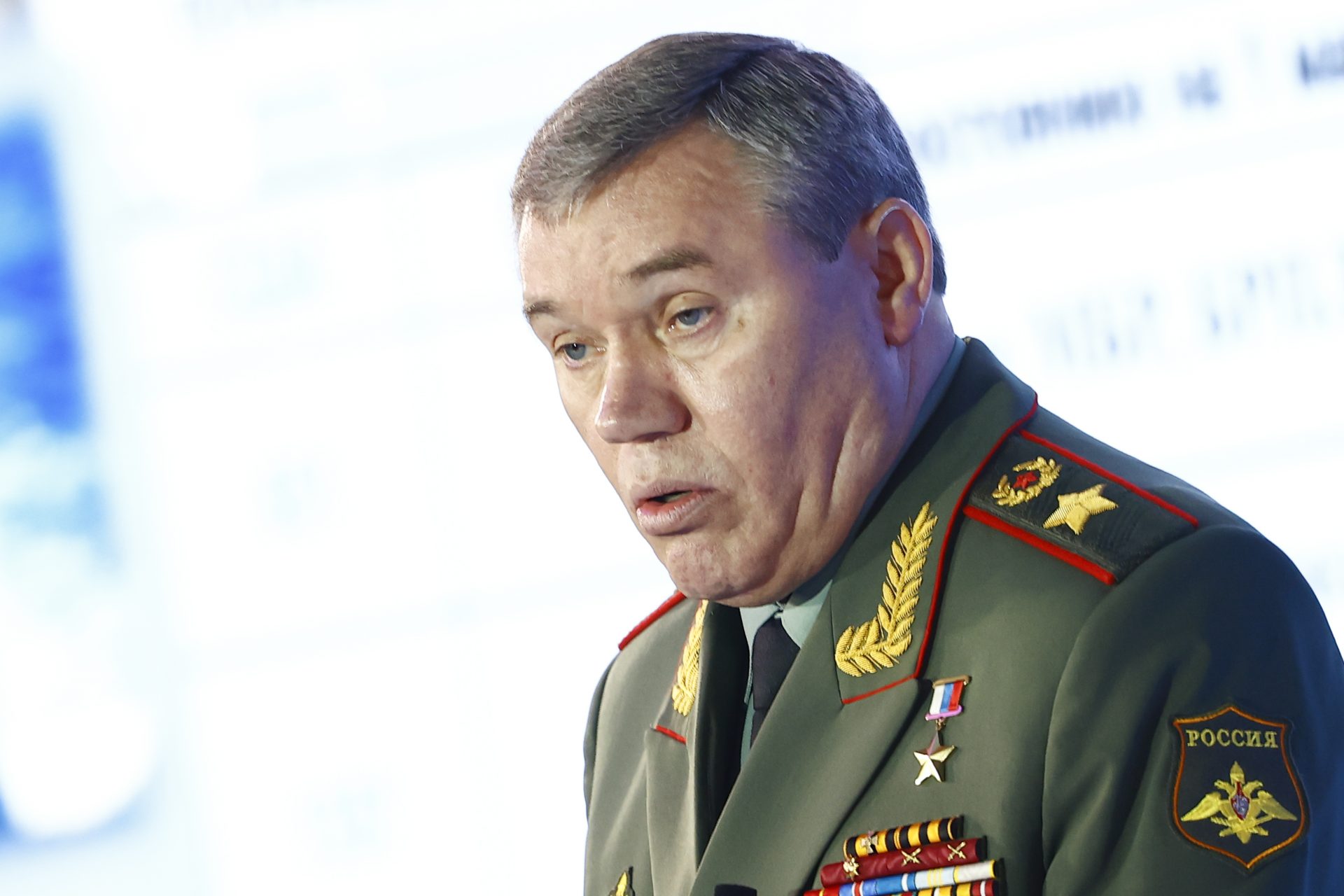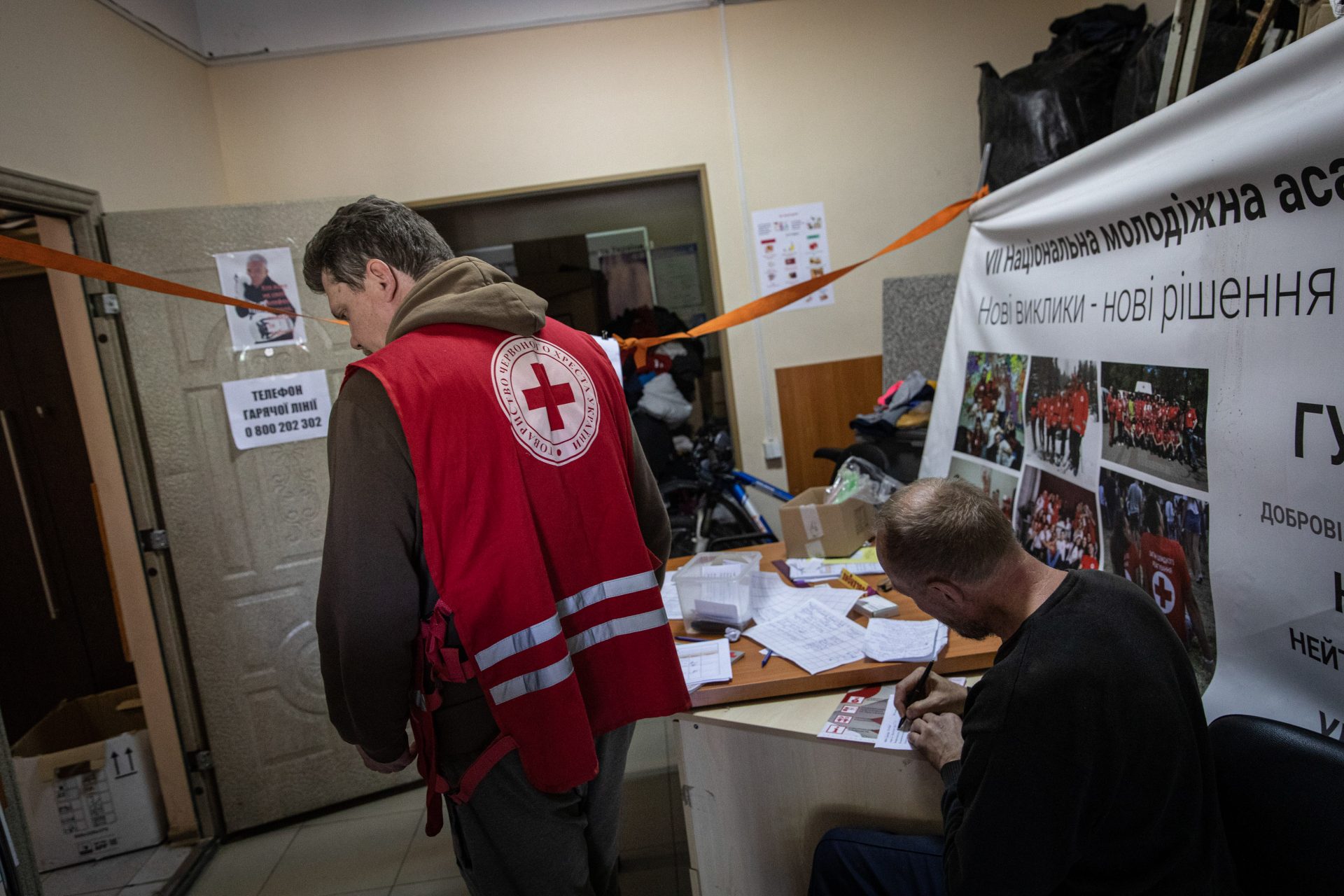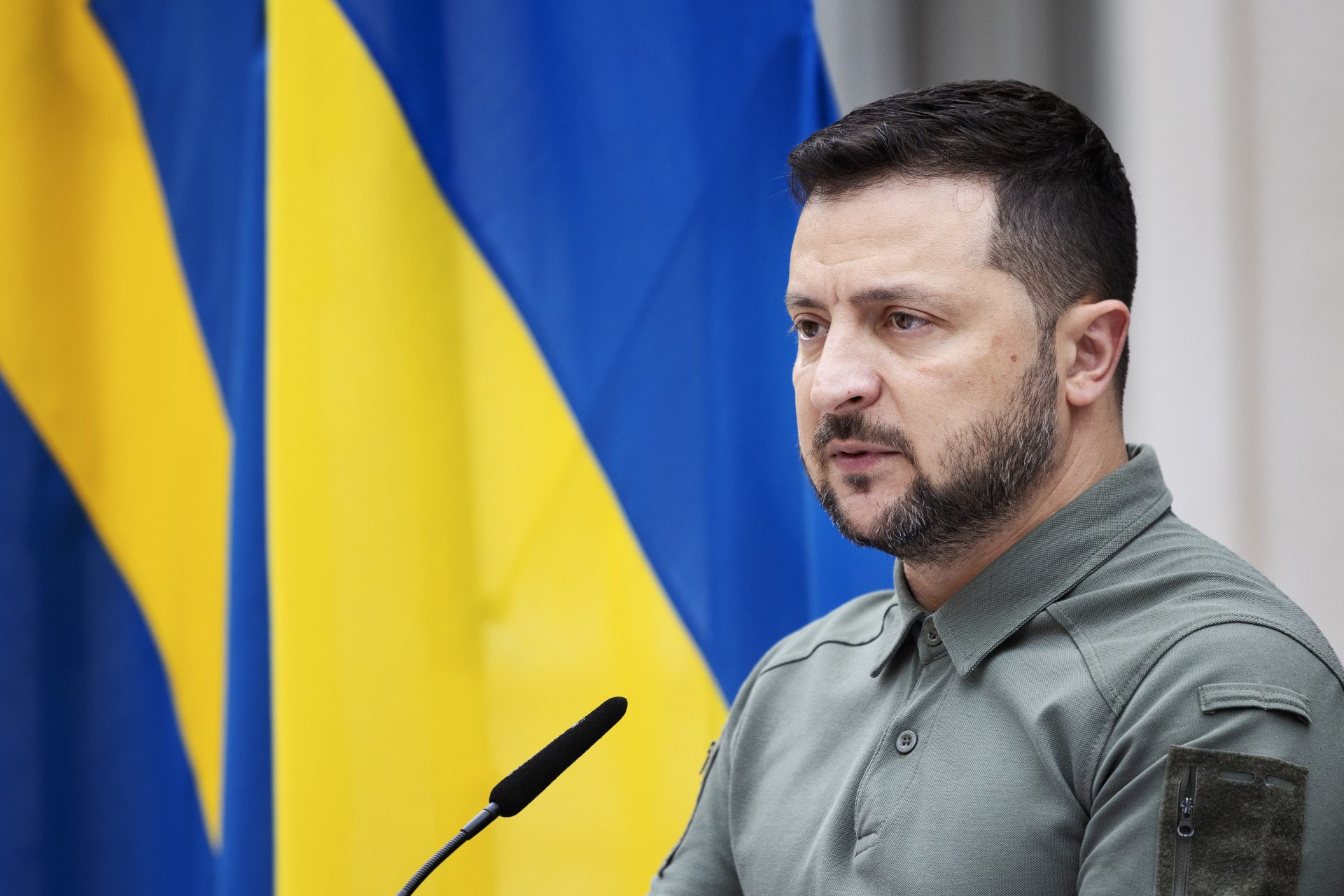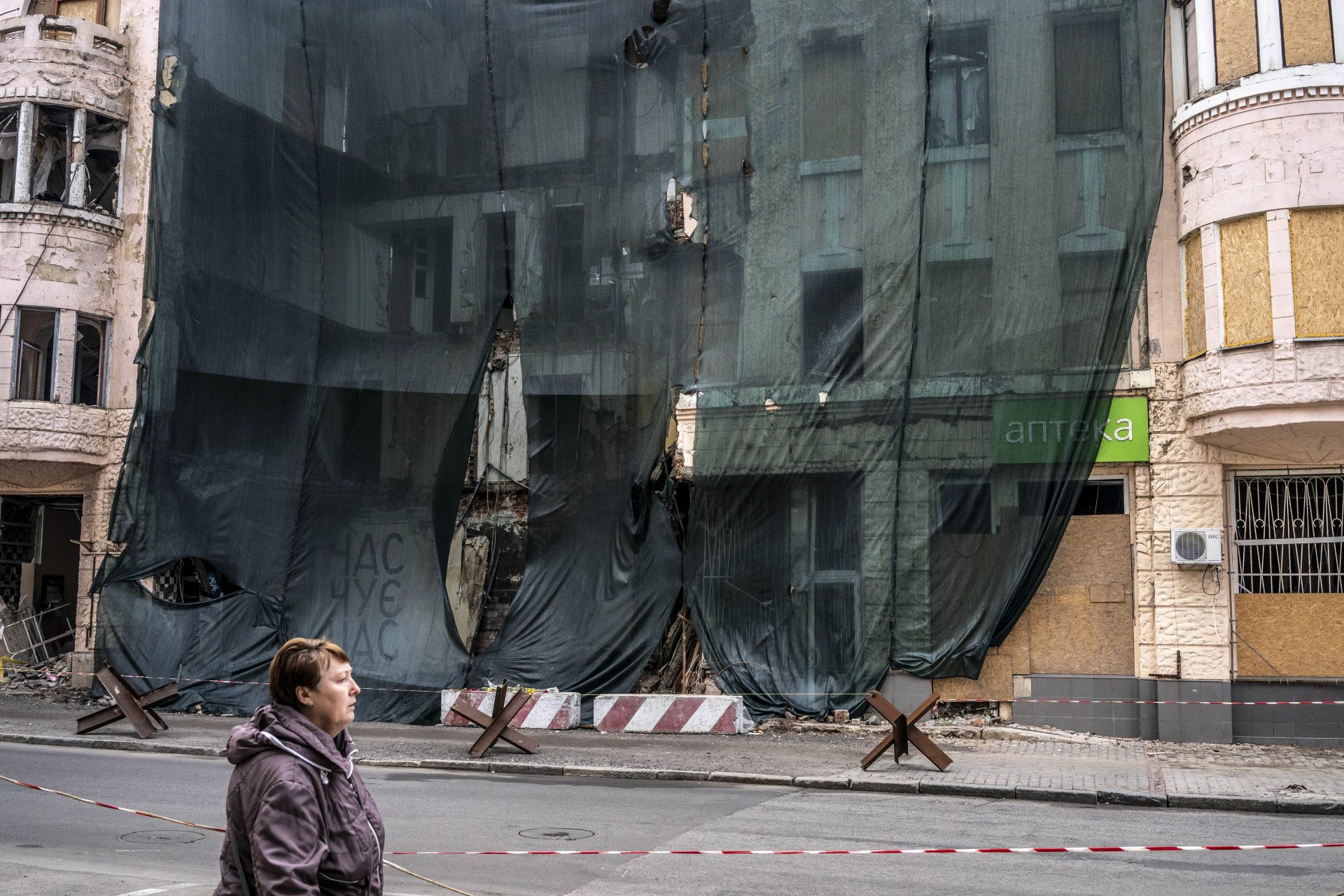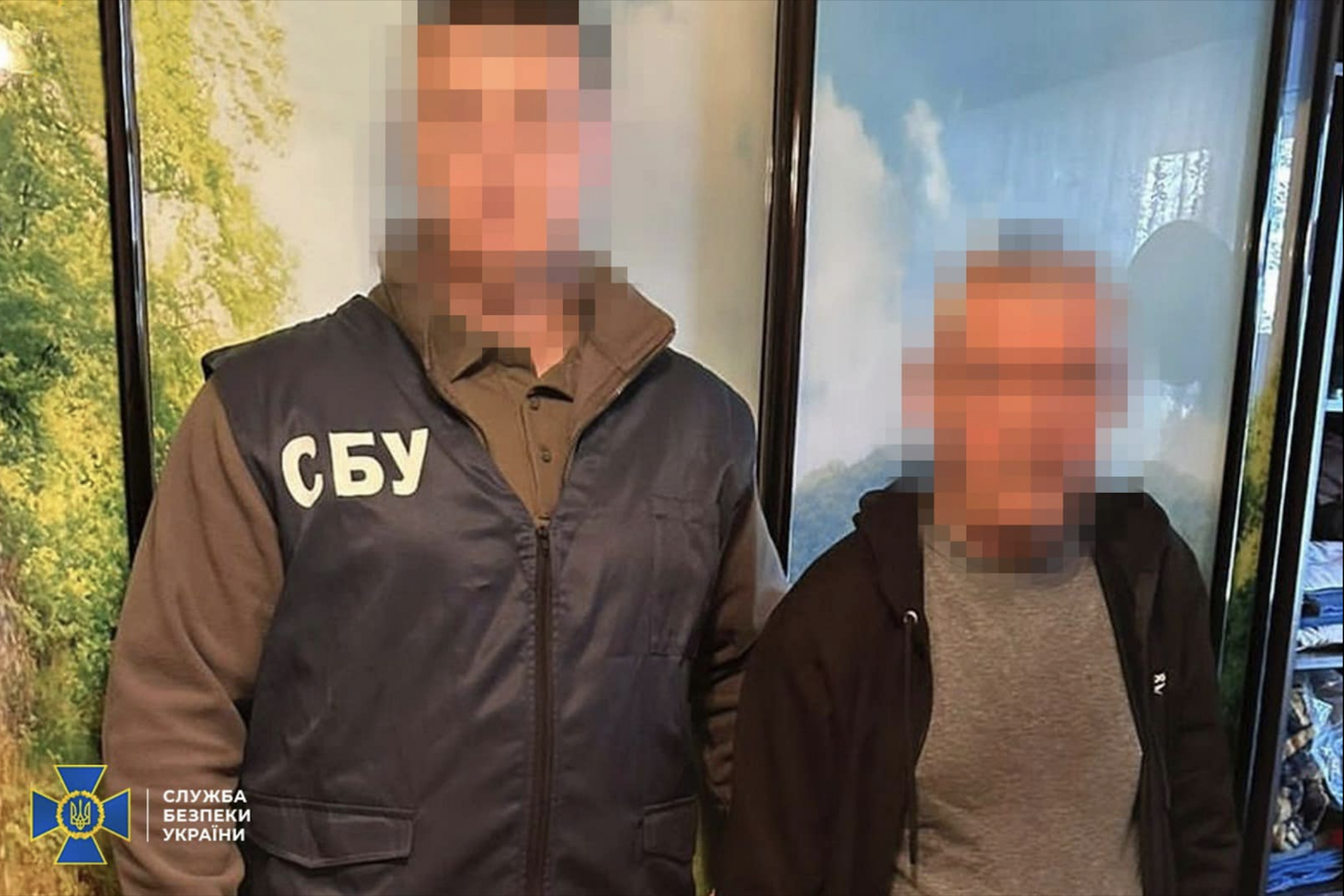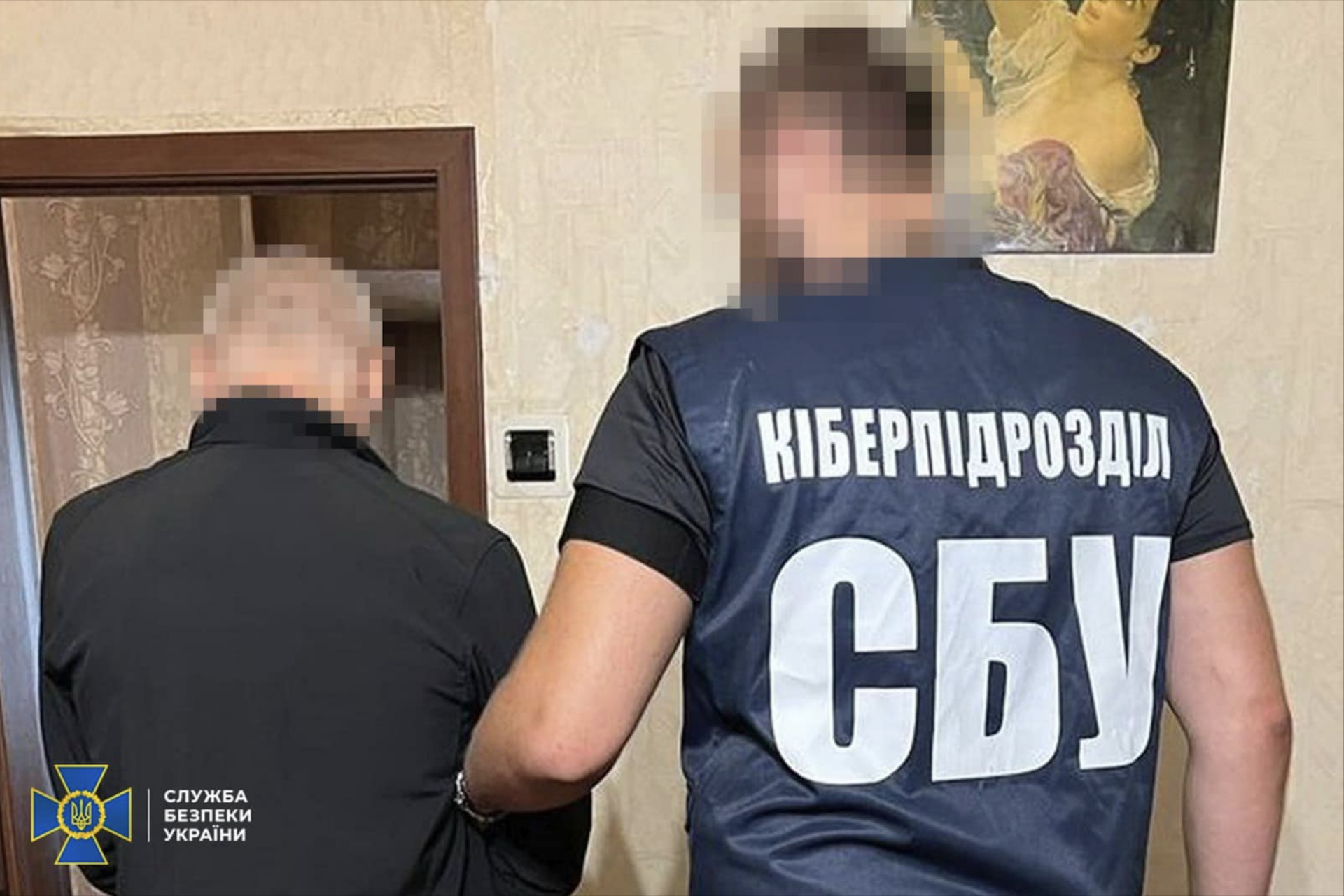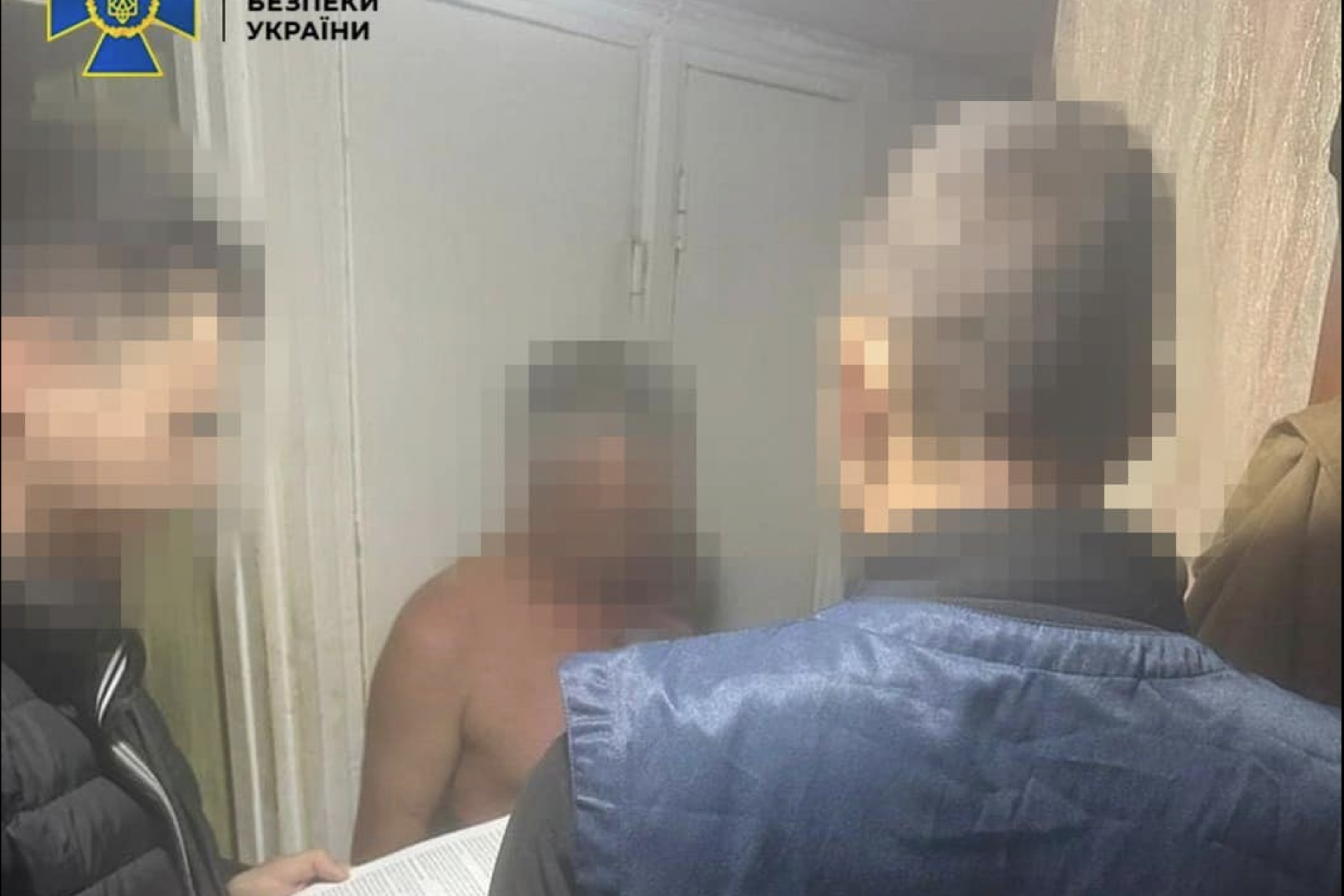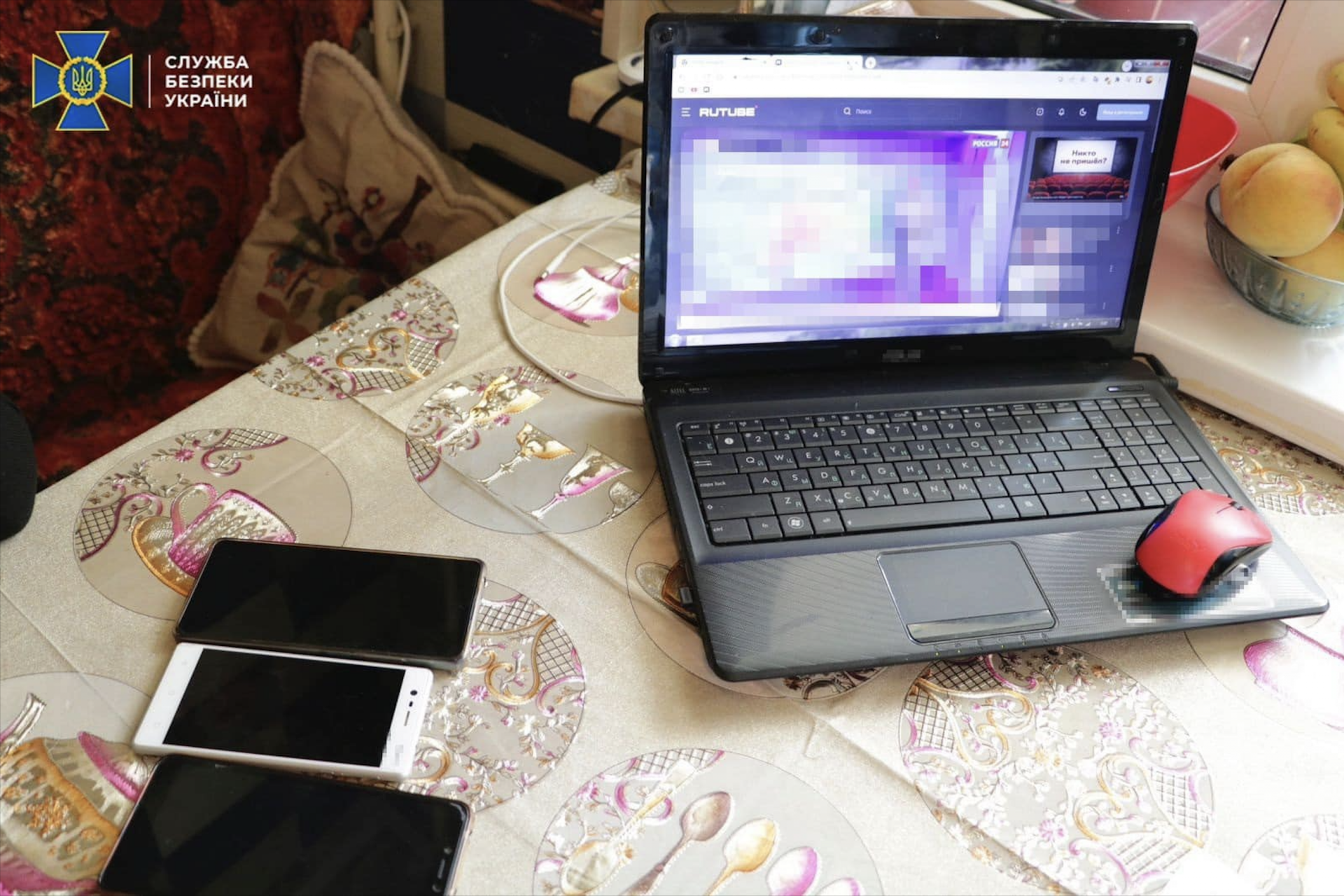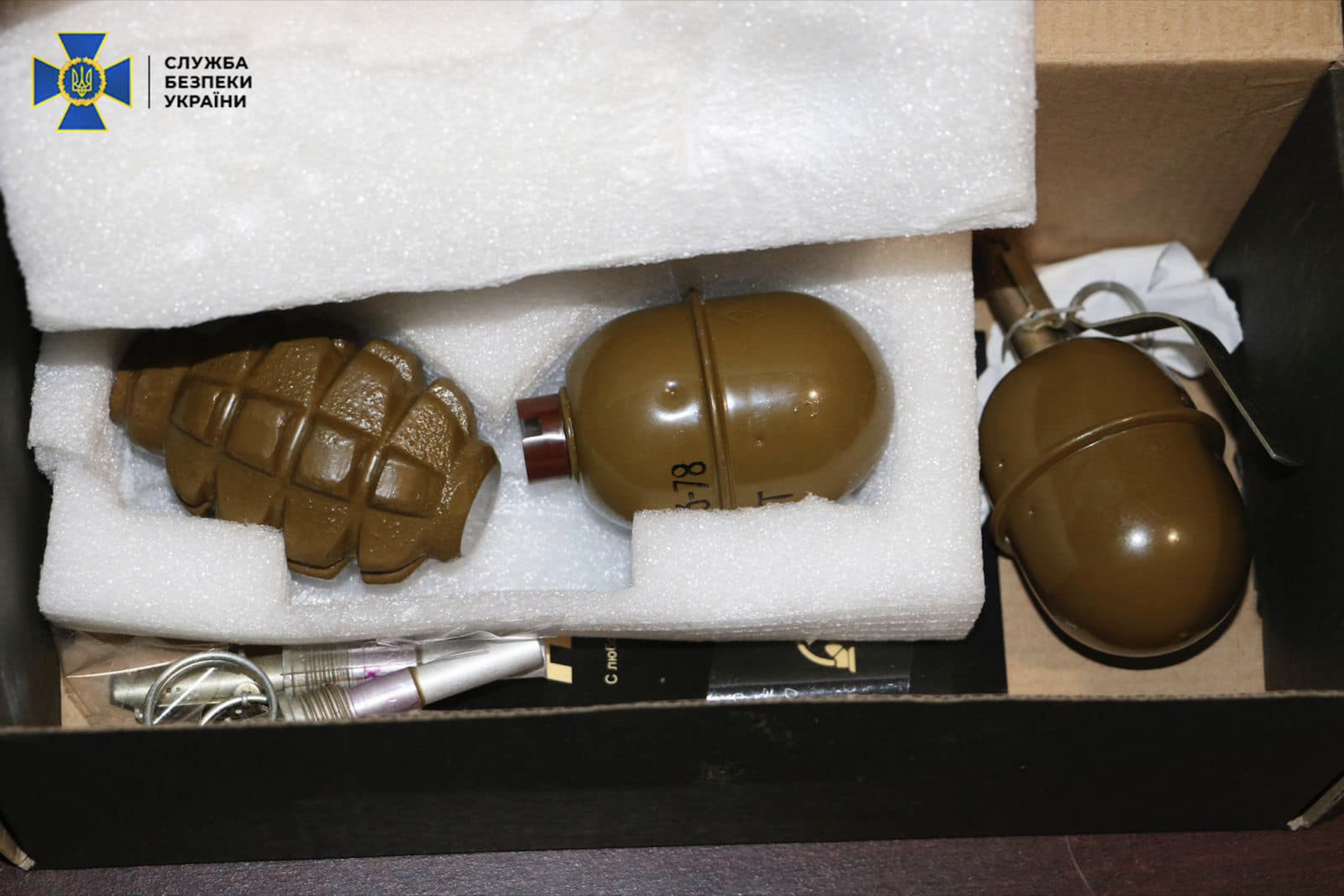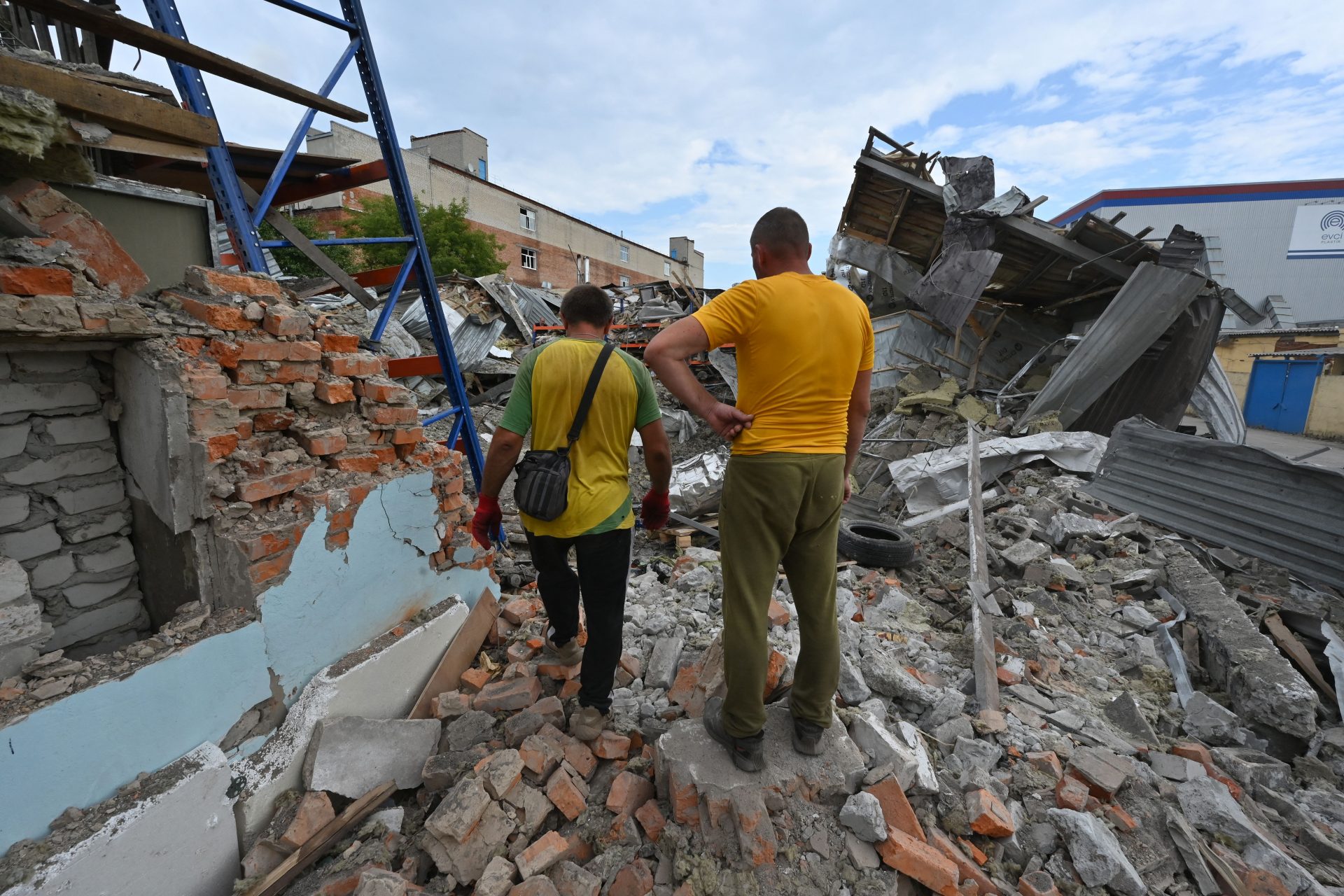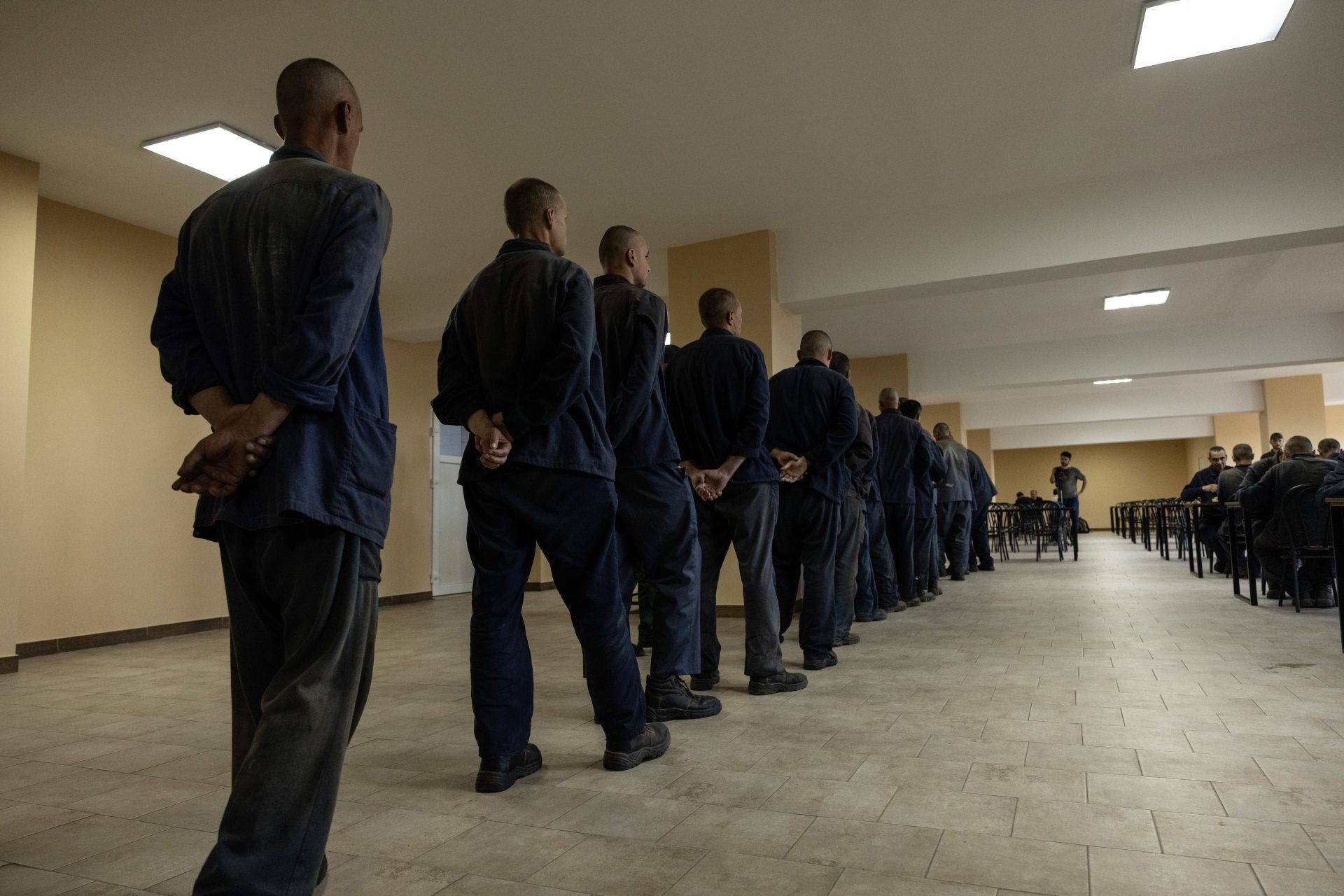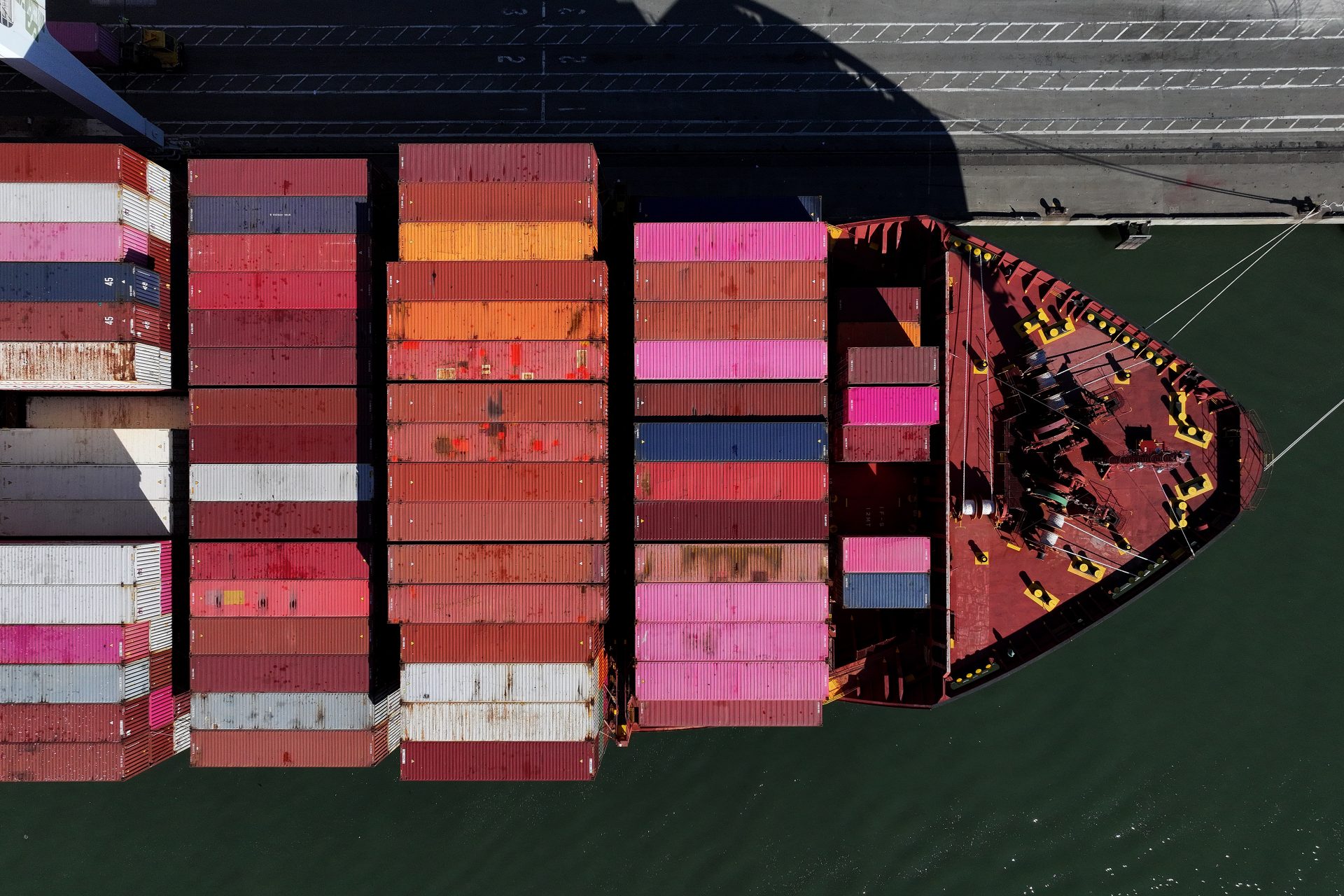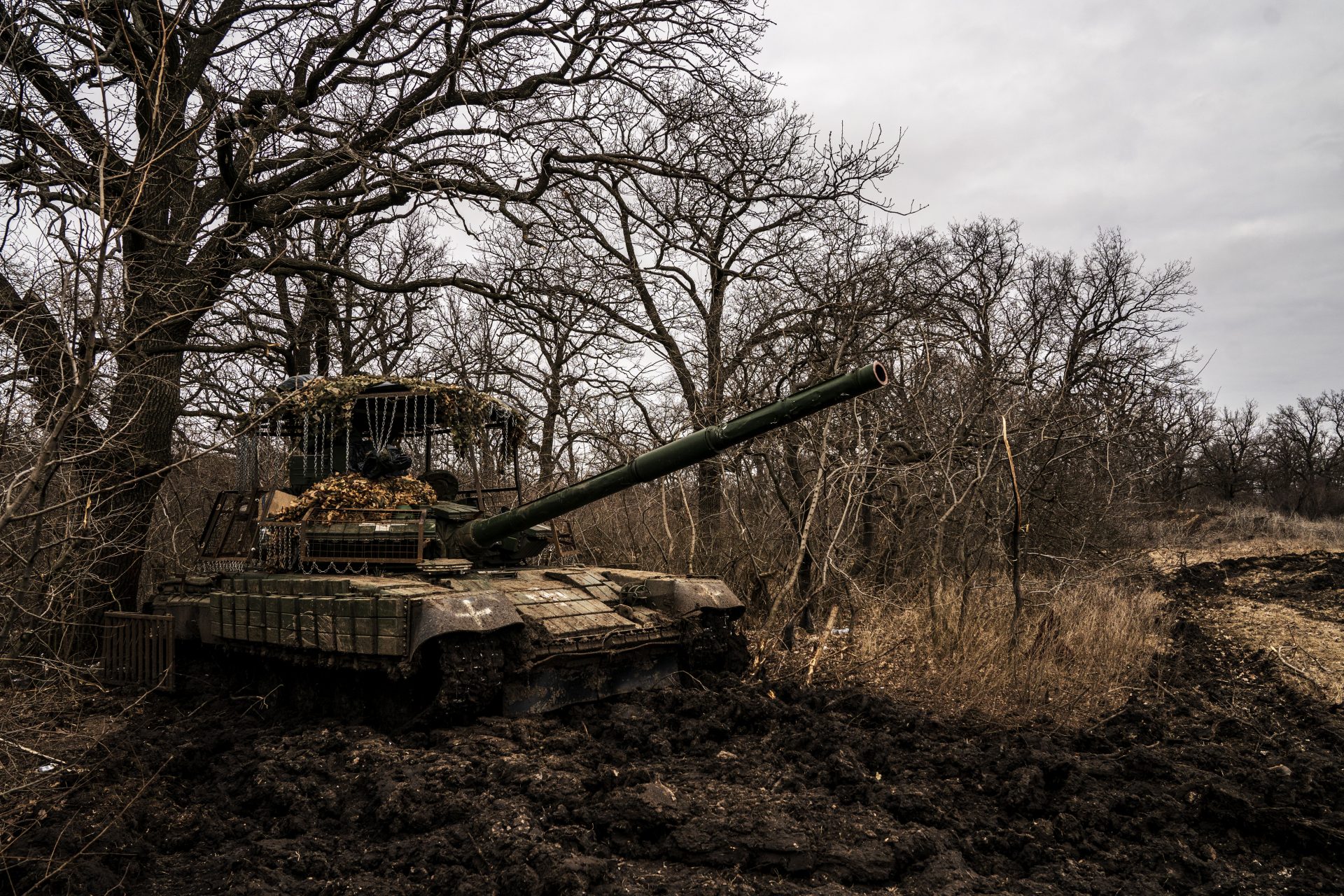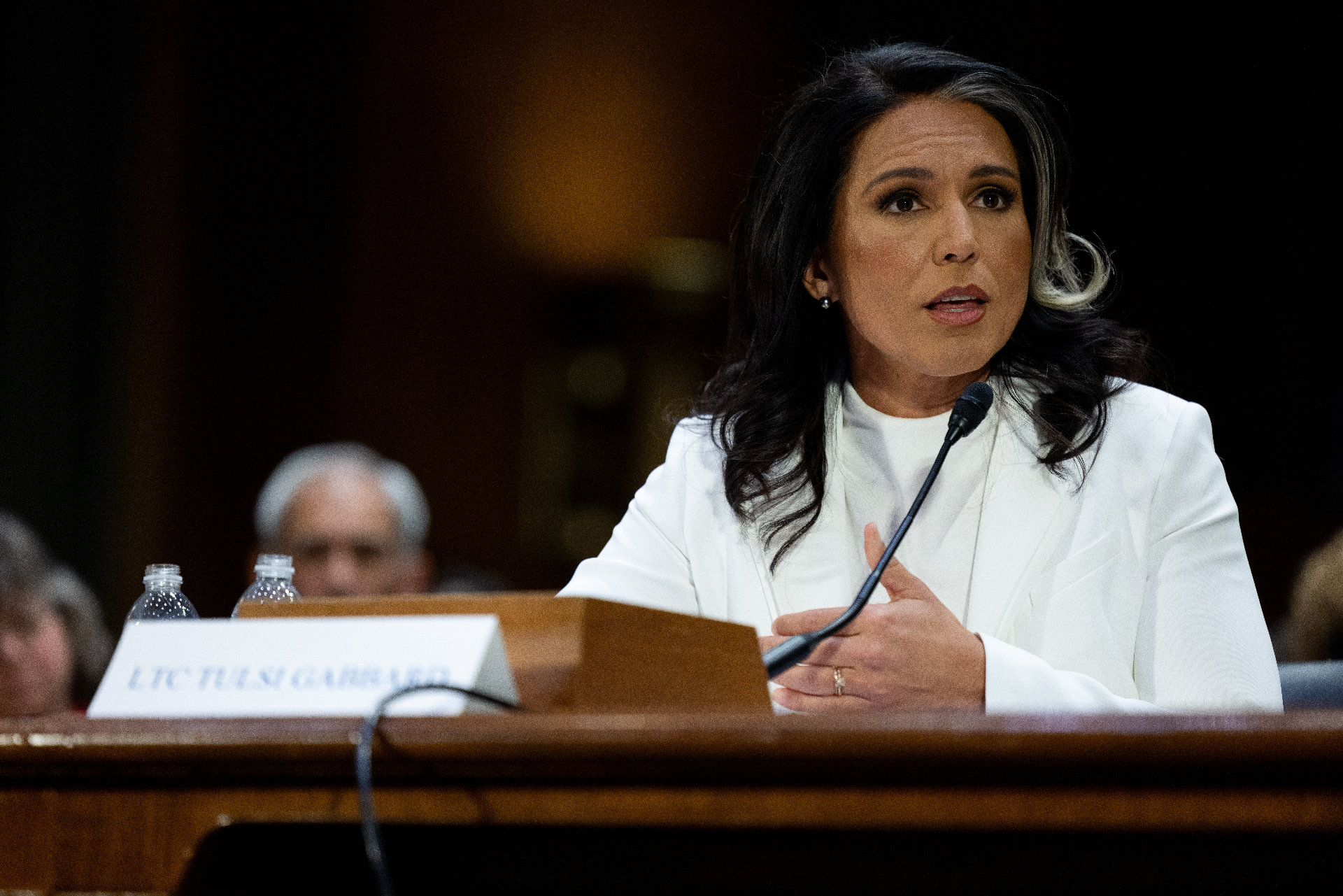Ukraine just neutralized a Russian intelligence network in Kharkiv
The Security Service of Ukraine uncovered and neutralized a network of agents working to provide the Russian Federation with detailed information on Ukrainian weapons in the Kharkiv region and helped correct enemy strikes on the city.
Cyber specialists from Ukraine's Security Service (SBU) discovered a group of agents working with the Main Directorate of the General Staff of the Russian Federation. It was quickly eliminated according to SBU spokesperson Vladislav Abdula.
The Russian intelligence group was collecting geolocation data from defensive districts and it was providing detailed information on the routes being used to relocate Ukrainian military equipment, which included the railway connections being used by defense forces.
“Among other things, one of the special assignments for the adversary’s agent network was collecting [compromising evidence] connected to Ukrainian soldiers serving in the frontline districts of the region,” Abdula said in comments translated by Gwara Media.
This information was needed by Russian intelligence so they could use it to recruit more agents in preparation for a special intelligence operation Moscow was planning against Ukraine; however, few other details were given in Abdula’s report.
Russian intelligence allegedly focused on people who were working in local draft offices as well as the local military medical commissions, an interesting point since each of the areas has come under scrutiny in recent weeks for corruption.
In August, Volodymyr Zelensky fired the heads of every regional draft board according to the Wall Street Journal, and in September, he signed a decree ordering the mass review of every military medical commission certificate issued since the invasion began.
Russia was able to use the information from their agents in Kharkiv to better understand the consequences of their airstrikes on the city. Agents would review the sites where strikes on Kharkiv occurred and report on the locations.
A multi-staged operation was able to document four criminals in action and they were all later detained at their homes. Abdula reported that the leader of the intelligence network was a local resident who moved to Russia at the outset of the invasion.
Photo Credit: Facebook @VladislavAbdula
This former resident was able to recruit four local residents, which included a taxi driver as well as an employee of a gas supply company. The operatives of the cell would drive around the city together and visit the places where Russia's attacks struck according to Gwara Media.
Photo Credit: Facebook @VladislavAbdula
After gathering information on the areas, the data would be sent to the leader in Russia and this man passed that information along to the Main Directorate of the General Staff of the Russian Federation, often commonly referred to—or abbreviated as—the GRU.
Photo Credit: Facebook @VladislavAbdula
After detaining the agents of the intelligence network, searches of their homes revealed the computers and mobile phones that were used to carry out the intelligence operation against Ukraine as well as other sabotage activities.
Photo Credit: Facebook @VladislavAbdula
Ukrainian authorities also found three hand grenades during one of their searches but no further details about the weapons or their intended use were provided by Abdula in his report on the intelligence network.
Photo Credit: Facebook @VladislavAbdula
Abdula did report that three of the detainees have been informed that they are facing treason charges as per Ukraine’s Criminal Code, and one suspect is being charged with the illegal handling of ammunition.
The agents of the Russian intelligence network remain in custody and they are looking at various terms of imprisonment for their actions. This includes the possibility of life in prison according to Abdula.
The Security Service of Ukraine is working to identify other members of the intelligence network who may not have been caught, and they are working to uncover the identity of the person who moved to Russia at the outset of the war and established the network.
More for you
Top Stories




